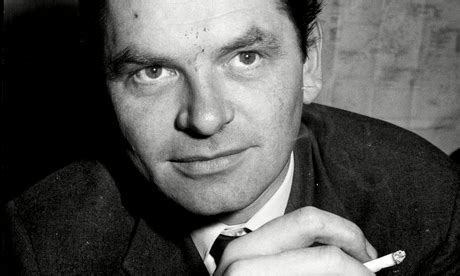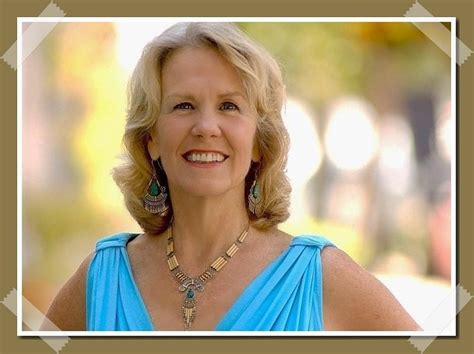A Quote by Henry David Thoreau
It is no more dusky in ordinary nights than our mind's habitual atmosphere, and the moonlight is as bright as our most illuminatedmoments are.
Related Quotes
Magic is a sudden opening of the mind to the wonder of existence. It is a sense that there is much more to life than we usually recognize; that we do not have to be confined by the limited views that our family, our society, or our own habitual thoughts impose on us; that life contains many dimensions, depths, textures, and meanings extending far beyond our familiar beliefs and concepts.
There is on the globe one single spot, the possessor of which is our natural and habitual enemy. It is New Orleans, through which the produce of three-eighths of our territory must pass to market, and from its fertility it will ere long yield more than half of our whole produce and contain more than half our inhabitants.
The most important fact about our shopping malls, as distinct from the ordinary shopping centers where we go for our groceries, is that we do not need most of what they sell, not even for our pleasure or entertainment, not really even for a sensation of luxury. Little in them is essential to our survival, our work, or our play, and the same is true of the boutiques that multiply on our streets.
We make the commitment to stop for a moment and look at what the mind is doing, what mind state we are dwelling in. We don't judge it, we just know it. Gradually we'll become more and more accustomed to being conscious of what we're thinking and our various positive and negative states. We'll become more and more the masters of our mind, rather than the slaves.
We throw our parties; we abandon our families to live alone in Canada; we struggle to write books that do not change the world, despite our gifts and our unstinting efforts, our most extravagant hopes. We live our lives, do whatever we do, and then we sleep--it's as simple and ordinary as that. A few jump out of windows or drown themselves or take pills; more die by accident; and most of us, the vast majority, are slowly devoured by some disease or, if we're very fortunate, by time itself.
Normally we divide the external world into that which we consider to be good or valuable, bad or worthless, or neither. Most of the time these discriminations are incorrect or have little meaning. For example, our habitual way of categorizing people as friends, enemies, and strangers depending on how they make us feel is both incorrect and a great obstacle to developing impartial love for all living beings. Rather than holding so tightly to our discriminations of the external world, it would be much more beneficial if we learned to discriminate between valuable and worthless states of mind.
We take for granted that we need to take showers, clean our house, and wash our clothes. Yet the mind and its thoughts need cleansing and ordering as much as our bodies. While few of us would consider eating dinner on yesterday's dirty dishes, we think nothing of tackling our problems with yesterdays cluttered minds.... The purpose to any meditation technique is to move beyond the normal contents of our consciousness, empty your mind of its habitual chatter, and concentrate your attention for the purpose of experiencing a higher state
What most of us need, almost more than anything, is the courage and humility really to ask for help, from the depths of our hearts: to ask for the compassion of the enlightened beings, to ask for purification and healing, to ask for the power to understand the meaning of our suffering and transform it; at a relative level to ask for the growth in our lives of clarity, peace, and discernment, and to ask for the realization of the absolute nature of mind that comes from merging with the deathless wisdom mind of the master.
There is no doubt about it: we are judged by our language as much as (perhaps more than) we are judged by our appearance, our choice of associates, our behavior. Language communicates so much more than ideas; it reveals our intelligence, our knowledge of a topic, our creativity, our ability to think, our self-confidence, et cetera.
. . . when the nature of mind is introduced by a master, it is just too simple for us to believe. Our ordinary mind tells us this cannot be, there must be something more to it than this. It must surely be more "glorious", with light blazing in space around us, angels with flowing golden hair swooping down to meet us, and a deep Wizard of Oz voice announcing, "Now you have been introduced to the nature of your mind." There is no such drama.


































